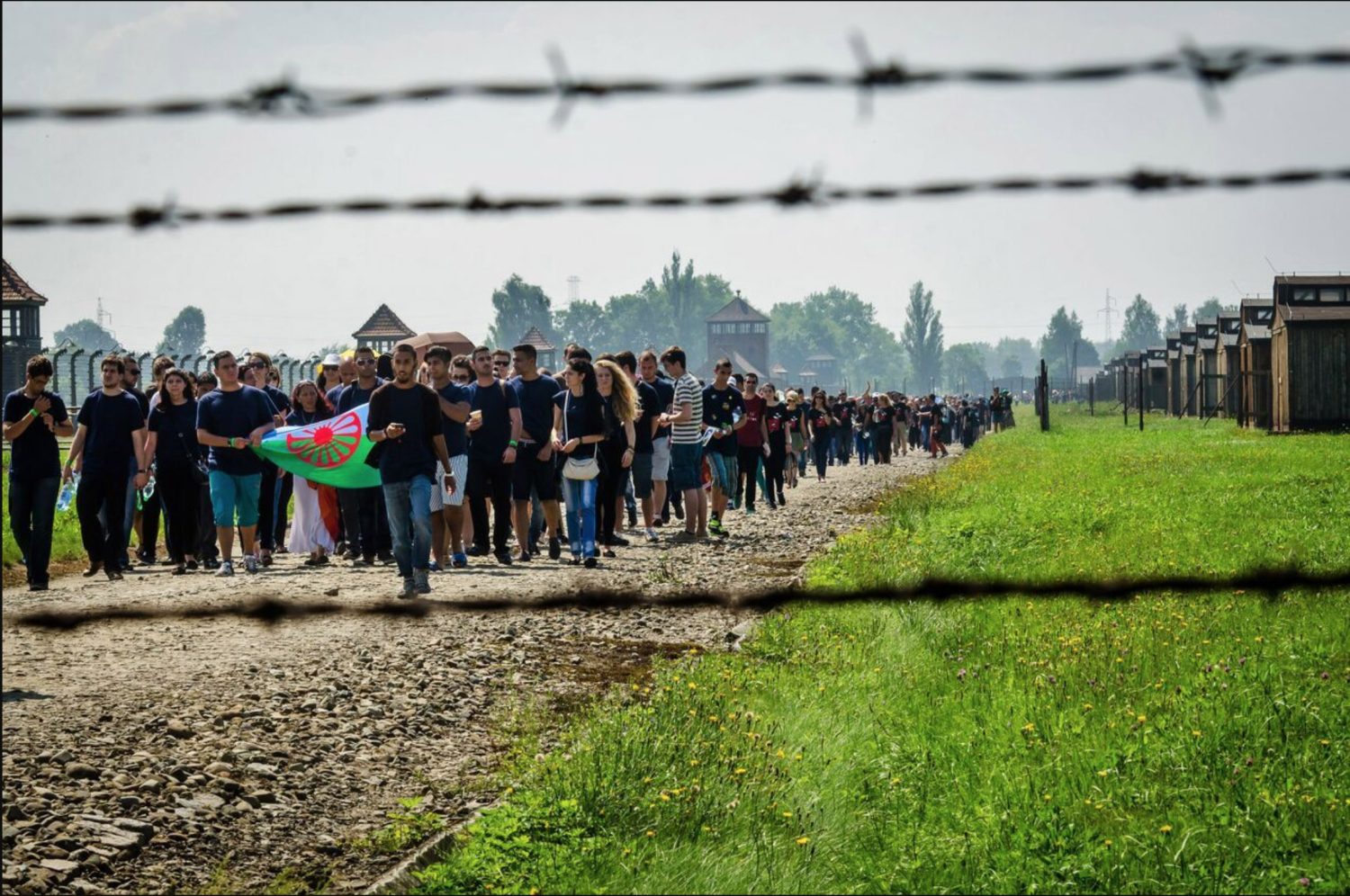
Digital commemoration of International Holocaust Remembrance Day 2021
Remembering the six million Jewish victims of the Holocaust is the responsibility not only of governments, but of societies as a whole.
On 27 January, International Holocaust Remembrance Day, individuals, organizations and governments from all over the world showed their commitment to this pledge, even in difficult circumstances. Adjusted to adhere to coronavirus regulations, this year’s commemoration events had an unmistakably digital character. At a time when the memory of the Holocaust is at a critical juncture, these events have proven all the more significant.
Learning new ways to commemorate victims and survivors
Commemoration took on a variety of forms, from recorded video statements from heads of state, multi-media installations, and live streams, to virtual and physical candle-lighting ceremonies, concerts, and Zoom conversations with Holocaust survivors. Many events and activities also took on a mixed character, with some being able to participate in person while others joined online. Incorporating ways people can commemorate digitally in remembrance events is likely to carry on into the future.
The promise of digital remembrance efforts
To help inform future commemoration – and to keep a record of the past – the IHRA revived its database of International Holocaust Remembrance Day events. Since digital technology encourages participation from all corners of the globe, it promises a democratization of commemorative events. This is why the exchange of information about digital remembrance efforts has been a priority of the German Presidency, a theme featured prominently in the Leipzig Plenary 2020.
The IHRD database represents a useful resource for the future. Individuals can easily browse the database, watch and listen to the recorded past events, explore new and innovative ways to commemorate the victims of the Holocaust, and find ways to cooperate with other organizations on future events.
To add event information to the IHRD database, simply fill out this form.
Sign up to our newsletter to
receive the latest updates
By signing up to the IHRA newsletter, you agree to our Privacy Policy



